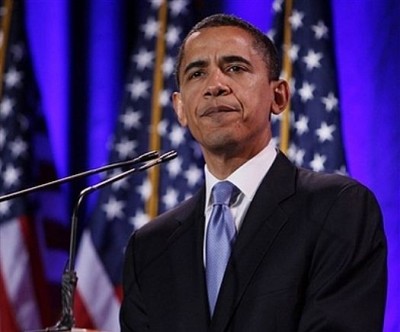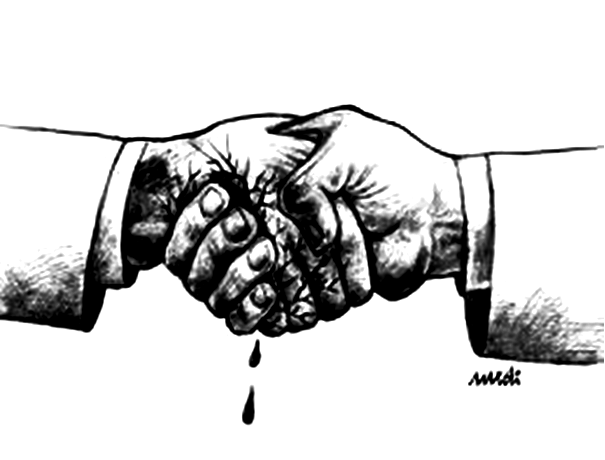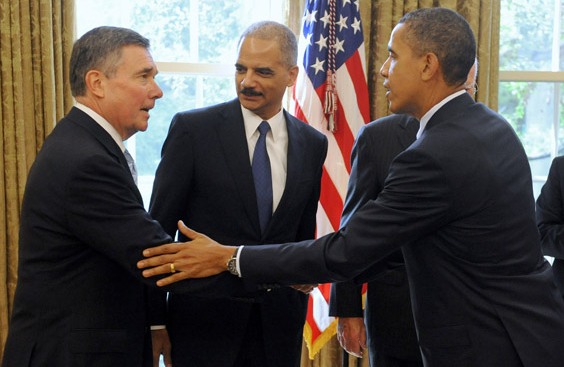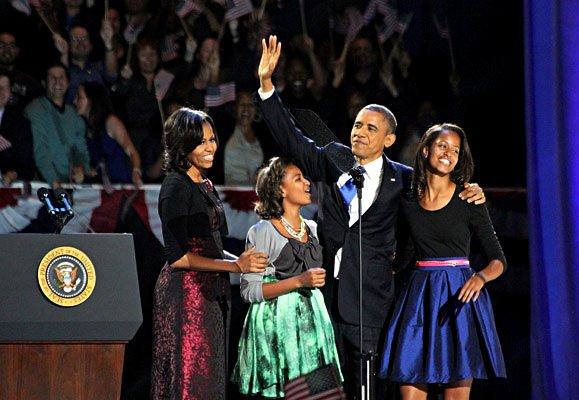Jiang Xufeng, Liu Lina
WASHINGTON, July 31 (Xinhua) — U.S. President Barack Obama Sunday night unveiled a last-minute debt ceiling deal endorsed by Republican and Democratic leaders, in a bid to stave off a looming debt default crisis and ease market jitters.
The U.S. federal government’s borrowing limit, currently at 14.29 trillion U.S. dollars, was reached on May 16. The Treasury Department said that it would run out of cash to pay its bills unless Congress agreed to raise the limit by Aug. 2.
Obama stressed the deal also promised deficit cutting, saying the first tranche of deficit cutting would be about 1 trillion dollars over the next decade. But he said spending cuts would not come too quickly to hurt the fragile U.S. economic recovery.
“The result would be the lowest level of annual domestic spending since Dwight Eisenhower was President — but at a level that still allows us to make job-creating investments in things like education and research,” he said.
The package would also set up a bipartisan and two-chamber congressional committee to find new deficit reduction ways in line with the second tranche of debt limit increase by November, Obama noted.
The White House said the panel will be tasked with finding a deficit of at least 1.5 trillion dollars to trim.

An enforcement mechanism will also be established to force all parties to agree to balanced deficit reduction. If the committee fails, the enforcement mechanism will trigger spending reductions beginning in 2013, with evenly split spending cuts between domestic and defense programs.
However, the enforcement protects Social Security, Medicare beneficiaries and low-income programs from any cuts, the White House said.
Obama said this deal was not the one he preferred, but “this compromise does make a serious down payment on the deficit reduction we need, and gives each party a strong incentive to get a balanced plan done before the end of the year.”
This deal would lift the federal debt limit in two stages by at least 2.1 trillion dollars, enough for the White House to tide over the 2012 elections, a stance the Obama administration strongly supported.
However, it was a tentative proposal, as any compromise plan still needs to clear a Democratic-controlled Senate and a Republican-held House, where many of the 87 freshman lawmakers are Tea Party-backed conservatives who have asked for steep spending cuts and a balanced budget amendment to the Constitution.
“We’re not done yet,” Obama said, urging U.S. lawmakers to approve the debt ceiling compromise plan in the next few days.
Leading U.S. lawmakers including Senate Majority Leader Harry Reid Sunday expressed optimism for a deal within reach and offered support to the emerging package.
After speaking to U.S. Vice President Joe Biden Sunday morning, Reid said on the Senate floor that he was “hopeful” that Democratic negotiators were “close to an agreement” with Republican leaders.
“I ask those who have said they will never compromise on any terms to think about who their stubbornness will hurt,” Reid urged.
“We can not allow the U.S. economy to lapse into a default,” Assistant Senate Majority Leader Dick Durbin said on the Senate floor during an unusual Sunday session.
U.S. Senate Republicans Sunday blocked a debt ceiling proposal put forth by Reid. By a vote of 50 to 49, the Reid plan fell short of the 60 votes needed to clear a procedural hurdle to end a Republican filibuster and advance in the 100-member chamber.
Forty-three Republican senators including Senate Republican leader Mitch McConnell Saturday signed a joint letter to voice their opposition to the Reid plan and vowed to block the measure to move forward.
The outcome of the symbolic test vote did not affect the broader ongoing effort of both parties to come up with a compromise plan. Experts held that elements of the Reid plan and an earlier plan by House Speaker John Boehner were incorporated in the package.
However, the right-tilted deficit cutting proposal without guaranteed revenue might face a backlash from liberal Democrats.
Although Reid had a head start in backing the blueprint compromise deal, key House Democrats including Chris Van Hollen, a senior Democrat on the House Budget Committee, suggested Democratic House leaders should wait for House Republicans to play their hand openly first.
House Democratic Leader Nancy Pelosi said Sunday afternoon that Democrats in the House have not decided to support the last-ditch compromise deal to raise the U.S. debt limit, adding some fresh uncertainty to the bitter stalemate.
Pelosi told reporters that she will discuss the tentative agreement with House Democrats on Monday.
International Monetary Fund Managing Director Christine Lagarde Sunday urged the United States to solve the debt ceiling problem in a timely manner to avoid negative global repercussions, given the importance of the U.S. economy in the world.









